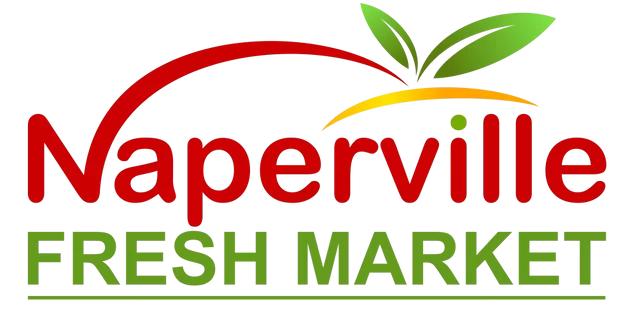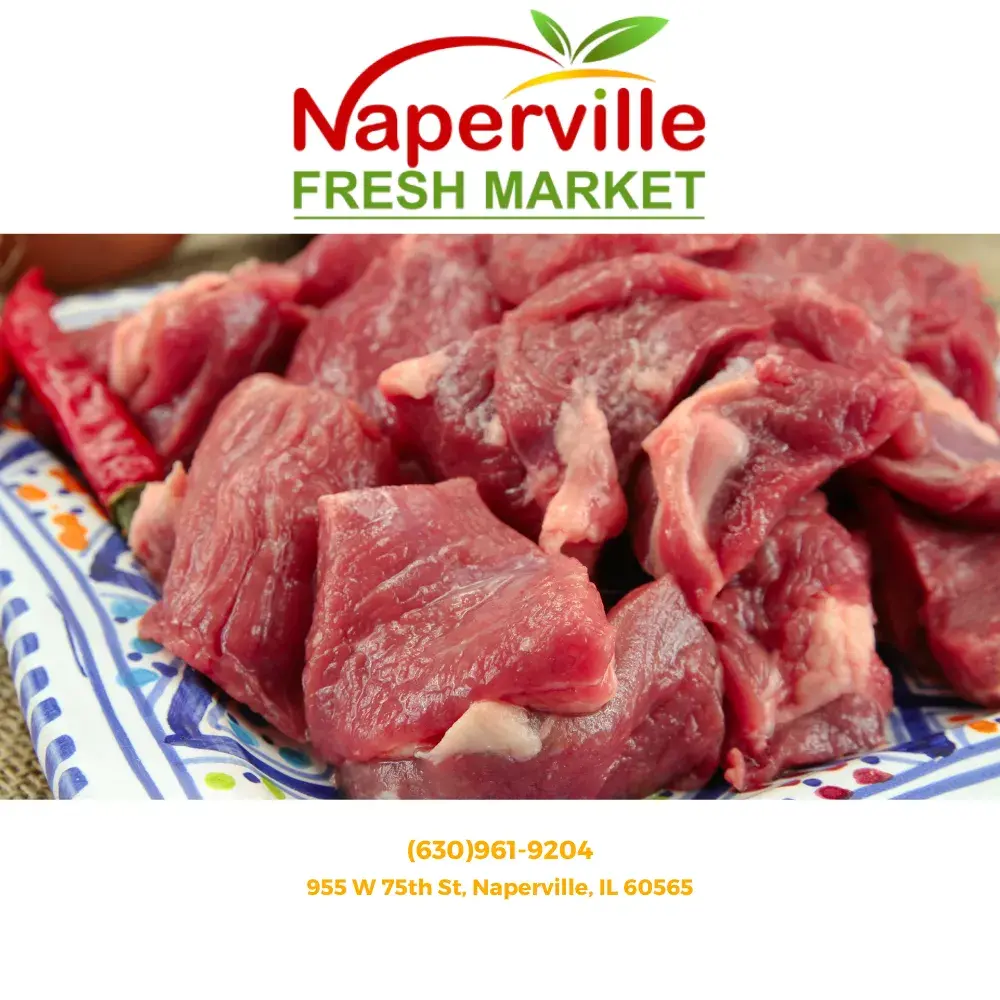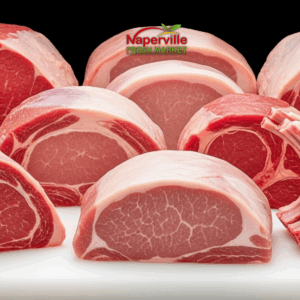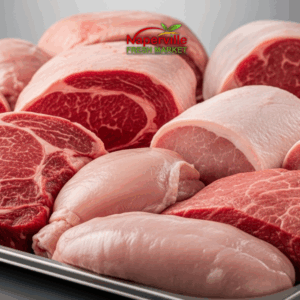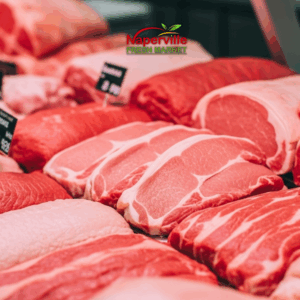How Climate Changes Impact Halal Meat Production
Climate changes have a direct influence on the production cycles of Halal meat. During colder months, grazing conditions for livestock like sheep and cattle become challenging, reducing their growth rates and overall production. This results in a limited supply of certain meats in stores, especially in regions dependent on local sources. As spring and summer arrive, pastures become lush, allowing livestock to thrive. This seasonal abundance often translates to increased availability of Halal meat options, offering consumers a broader selection. The yearly rhythm of climate shifts means that consumers must adapt to changing availability and prices.
Religious Festivals and Their Effect on Halal Meat Demand
The demand for Halal-certified meat often surges around key religious festivals such as Ramadan and Eid al-Adha. These events lead to a spike in the consumption of specific cuts, like lamb and goat, which are traditionally favored for communal meals. Retailers anticipate this demand and stock up, leading to a temporary expansion in the variety of Halal meats available. After the festival period ends, there is typically a decline in demand, resulting in fewer options for consumers. Understanding this cyclical demand helps buyers plan their purchases better, ensuring they have access to their preferred Halal-certified products during peak times.
Local Agriculture’s Role in Halal Meat Cycles
The role of local agriculture is crucial in determining the year-round availability of Halal meat. In regions where farming is attuned to seasonal patterns, such as those with sustainable grazing practices, the supply of Halal meats like beef, chicken, and lamb remains relatively stable. However, in areas that depend more on imported meats, the seasonal cycles can cause significant variations in availability. The quality and variety of Halal meat are often at their best during harvest seasons when livestock is healthiest and most abundant. Consumers in regions with strong local agricultural practices can often enjoy a wider range of options even during the off-season.
The Influence of Global Imports on Halal Meat Variety
Global imports play a pivotal role in maintaining the variety of Halal meats in markets, especially when local production is affected by seasonal changes. Importing Halal-certified products from countries with favorable climates ensures that consumers have access to a diverse range of meats throughout the year. However, factors like international shipping conditions, regulatory changes, and seasonal challenges in exporting countries can impact the consistency of these imports. This can lead to periods where certain types of Halal meat become harder to find on store shelves, encouraging consumers to explore alternative cuts or sources. Understanding how global trade interacts with local availability allows consumers to make informed choices about their meat purchases year-round.
Learn More
What Makes Halal Meat More Readily Available During Certain Seasons?
How Seasonal Availability Affects the Variety of Halal Meats in Stores
